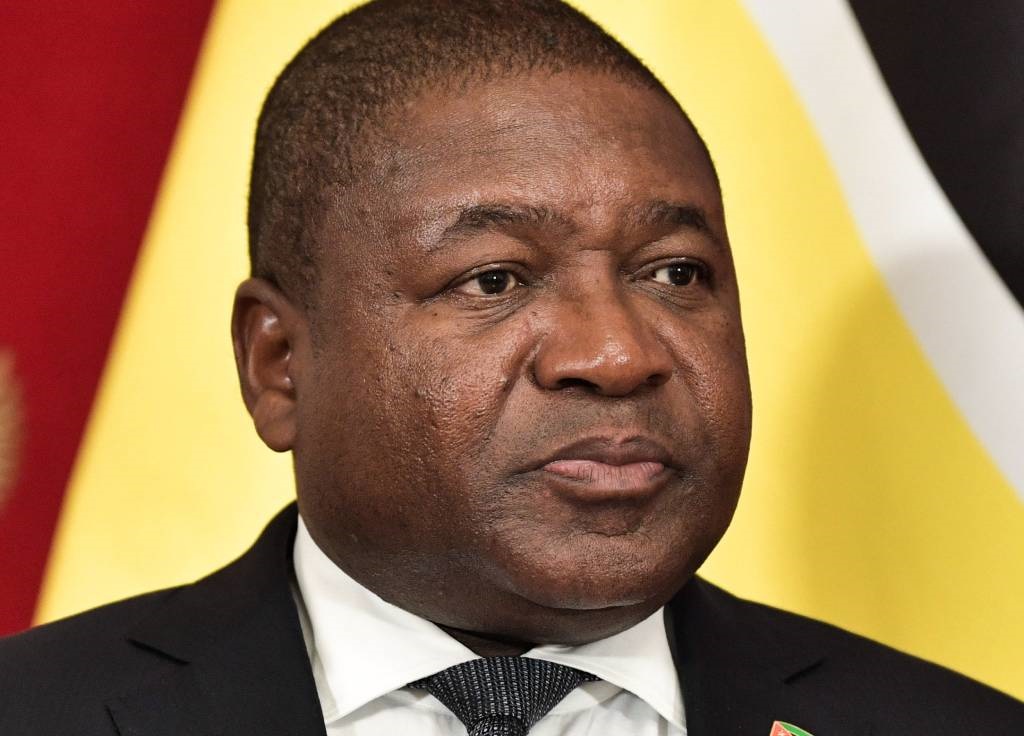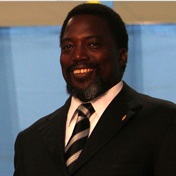
- SADC leaders will meet in Maputo on Wednesday for an extraordinary summit.
- Mozambique has set a wide-ranging agenda, while SA expects to discuss the insurgency attacks in the country's north.
- Analysis shows Mozambique's ruling party may have an agenda of its own for resisting regional intervention.
If the agenda is anything to go by, southern African leaders may face an obstinate Mozambique during Wednesday's extraordinary summit by the Southern African Development Community (SADC).
Southern African leaders will meet in Maputo for the day-long summit, against the backdrop of an insurgency regional leaders have labelled as 'terrorism'.
The meeting will be chaired by Mozambican President Filipe Nyusi, who also set the agenda.
The summit is themed: "Forty Years Building Peace and Security, and Promoting Development and Resilience in the Face of Global Challenges."
Several issues, including the Covid-19 pandemic, HIV/Aids and nutrition, are expected to be discussed.
Discussing insurgency attacks
From the morning until the afternoon, among dedications to late presidents, Zambia's Kenneth Kaunda and Namibia's Sam Nujoma, and the launch of a publication on 40 years of the SADC's history, less than an hour has been set aside for closed-door discussions.
This will likely be the only time in which southern African leaders have the opportunity to have a frank, multilateral conversation about the threat facing the region.
The insurgency in Mozambique has left 2 800 people dead, according to conflict data tracker ACLED, and displaced 800 000.
It also represents a regional threat that could spill across borders and create instability in a region, which has historically been a bulwark of stability on the continent.
For its part, South Africa has made it clear that the insurgency is top of mind.
In a statement confirming President Cyril Ramaphosa's attendance, the Presidency said the purpose of the summit is "to consider the proposed SADC Regional Response and support the Republic of Mozambique to address terrorism and acts of violent extremism in the Cabo Delgado province in the Republic of Mozambique".
Speaking to journalists on Tuesday during a visit to the Port of Cape Town, the president reiterated this focus, adding that the meeting would discuss the recommendations of a SADC technical team, which visited Cabo Delgado earlier this year.
The president said:
Disconnect
"There is a clear disconnect in terms of the expectations and reasons for the summit," said Liesl Louw-Vaudran, senior research consultant at the Institute for Security Studies (ISS).
Despite the varied agenda, the insurgency in Mozambique's northern province is likely to be the key grounds for bringing southern Africa's presidents to Maputo. This would be the third extraordinary summit held by SADC this year, all focused on bringing a solution to the crisis in Mozambique.
"Usually, an extraordinary summit is for a specific regional purpose," explained Louw-Vaudran.
With another summit planned in August, it is "puzzling" that heads of state would meet over the agenda and theme put forward, added Louw-Vaudran.
This disconnect points to Mozambique's resistance to SADC intervention.
In previous summits, Nyusi has asserted the country's sovereignty and its right to lead any intervention process.
READ | SADC leaders put on display of unity over Mozambique insurgency
Outside of the structures of SADC, Nyusi has held several bilateral meetings to seek support for his counter-insurgency. The Mozambican president met with his French counterpart, as well as the European Union president.
Nyusi's meeting with Rwandan President Paul Kagame, though, has raised the most scrutiny.
During the extraordinary summit held in May, Nyusi called for Rwandan participation, but the proposal was met with resistance from southern African leaders.
For Rwanda, it would mean playing a larger role in peace and security on the continent, as it had tried to do in the Central African Republic, with Kagame asserting his influence on key regional issues as international criticism of his regime grows.
Rwanda's intervention is largely seen as supported by Tanzania and France.
Bordering Mozambique, Tanzania is directly affected by violence in the north, but the country seems to have little appetite to intervene directly in the violence.
Similarly, France is already facing domestic criticism for its outsized role in fighting threats in the Sahel region. Direct intervention in southern Africa could also weaken President Emmanuel Macron's position ahead of an election at home. Yet, support for France would also invite ire between Pretoria and Paris, a key ally in the region.
Nyusi may yet seek a bilateral participation within southern Africa, particularly Zimbabwe, which is economically reliant on Mozambique's ports.
Frelimo's interests
Who Mozambique courts as an ally will largely depend on the interests of the ruling Frelimo party.
An analysis by the ISS found that money, particularly donor aid, could be the driving force of Mozambique's response, as well as its resistance to oversight from SADC.
"Some in Maputo could see the Cabo Delgado war and the ensuing humanitarian crisis as a chance to continue receiving large sums of foreign aid – and possibly even increase the amount," the ISS wrote.
"This means that Maputo's political elite don't see SADC as a partner, but as an adversary in raising funds for the insurgency response. A regional military intervention might improve security in Cabo Delgado, but would interfere with Mozambique's direct access to its traditional donors if they chose to channel aid through SADC."
Rocked by the largest corruption scandals in its post-independence history, $2.2 billion in hidden debt discovered in 2016, Mozambique lost much goodwill and funding from the international community.
A 'war-on-terror' in its backyard could restore this.
The News 24 Africa Desk is supported by the Hanns Seidel Foundation. The stories produced through the Africa Desk and the opinions and statements that may be contained herein do not reflect those of Hanns Seidel Foundation.




 Publications
Publications
 Partners
Partners
























